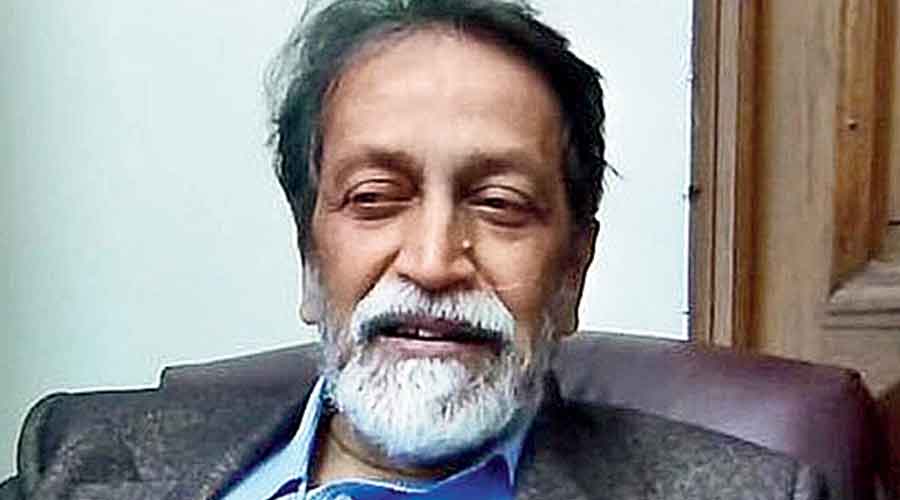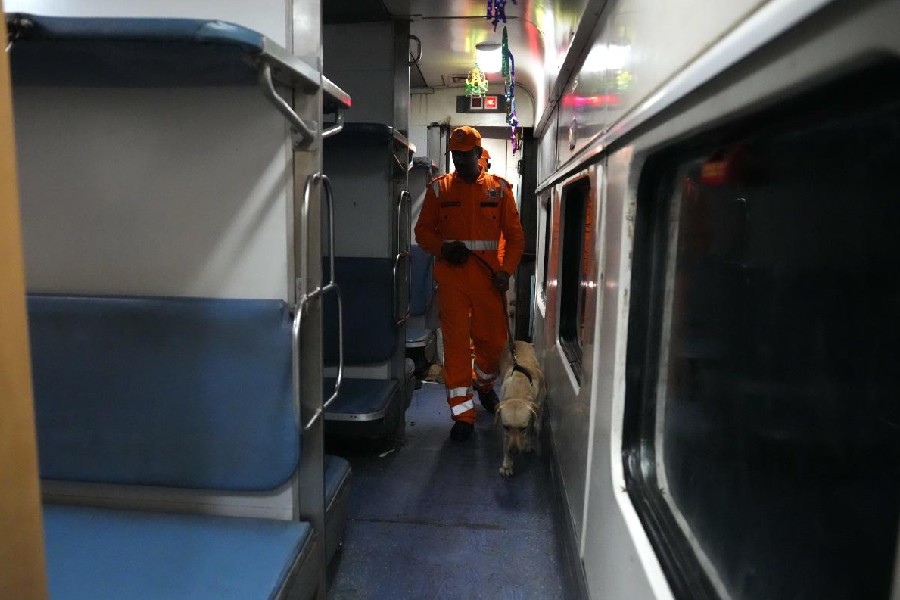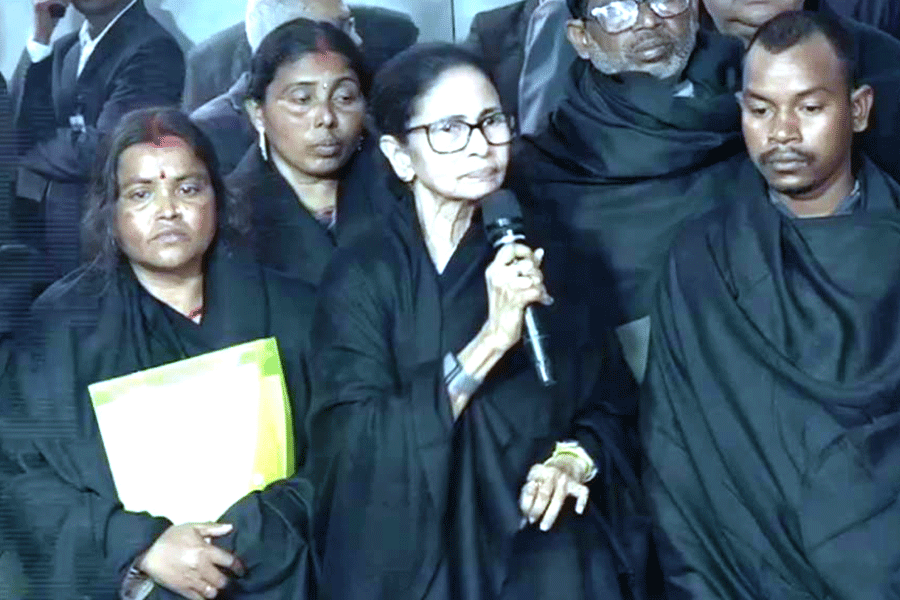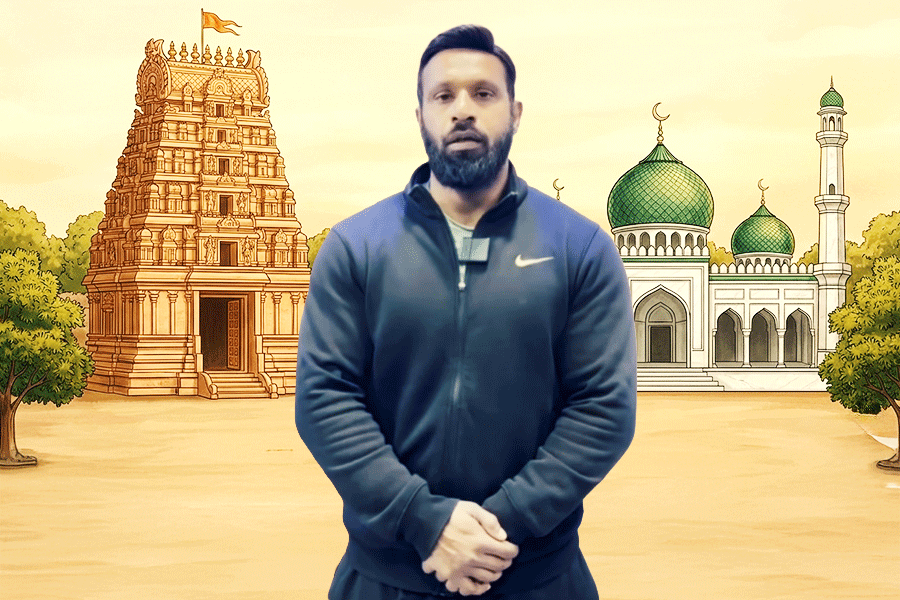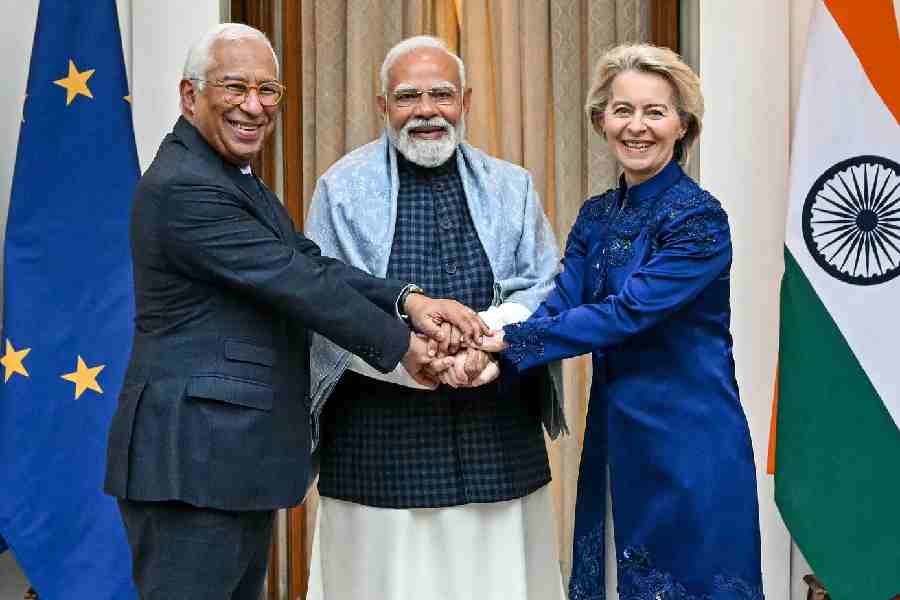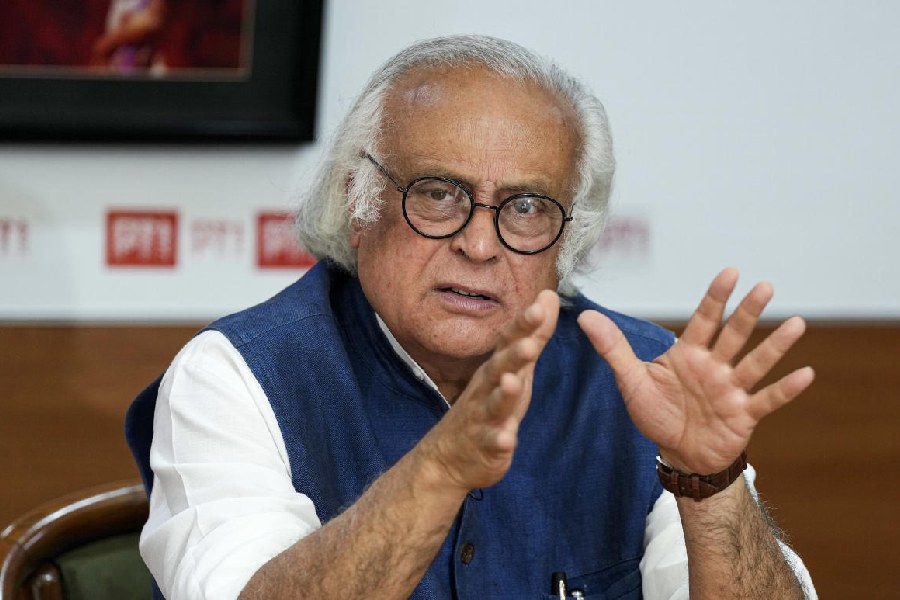Prabhat Patnaik, emeritus professor of economics at JNU, talks to Subhoranjan Dasgupta, professor of human science, about neo-liberalism’s role in spawning the current economic crisis in India, the government’s lack of response, the people’s seeming passivity, and the way forward.
Q: Is the government trying to deflect the pain by harping on Hindutva? Even Sharad Pawar, not prone to harsh words, has accused the BJP-led government of promoting a divisive and communal environment.
Patnaik: That is exactly right. But this strategy is meeting with resistance. The year-long kisan agitation that brought together people of different religions and castes to defeat the government’s plan to open up agriculture for corporate penetration is an obvious instance of such resistance. True, the BJP still won the UP elections though it lost many seats, but that should not detract from the glory of the resistance.
For the ultimate success of this resistance, however, what is needed is an alternative agenda going beyond neo-liberalism, but the “mainstream” political parties still do not realise this. They think that anti-BJPism is enough; but to fight the neo-liberal-neo-fascist alliance, one must go beyond neo-liberalism as well.
Q: What could the BJP still do to salvage the situation?
Patnaik: The BJP is not a party of serious, thoughtful governance; so the question of the BJP doing anything to salvage the situation for the people simply does not arise. It appeals to the people by generating Islamophobia and carries out the neo-liberal agenda on behalf of big business with a vengeance, by giving even larger tax concessions to the rich, by handing over public assets to them and by whittling down every residual welfare measure.
It prospers by creating political “bubbles” around itself. (The BJP spokespersons who talk of “free rations” as their achievement fail to see that the three farm laws of their own government would have undermined it by reducing food grain output through shifting land use away from food grains towards crops demanded by advanced countries.)
The Opposition political forces, however, have to present an agenda transcending neo-liberalism, and this must include larger expenditure by the government financed through taxes on the rich, especially a wealth tax (since wealth inequalities have widened astronomically in recent years), and welfare measures instituted as universal economic rights and not as largesse.
Calculations show that a 2 per cent wealth tax levied solely on the top 1 per cent of the population, together with a one-third inheritance tax on what the top 1 per cent bequeaths each year, would be quite enough to finance five universal rights: to food, to employment (failing which there should be full payment of wages), to free quality healthcare through a National Health Service, to free quality education up to the higher secondary level, and to a living, non-contributory, old-age pension and disability benefit. Politics must go beyond “trickle down” and give the people a “new deal”.
Q: Another unprecedented aspect is the mute acceptance by the common consumer. In the past, the price of onions determined the voter’s response, but now they are so passive and submissive. Why this apathy?
Patnaik: Neo-liberalism itself tends to fragment people by weakening collective organisations of resistance, such as trade unions. It does so by privatising the public sector (where trade unions typically tend to be stronger), and by the simple device of capital quitting a country where trade unions are more militant.
Besides, the high unemployment rate you mentioned earlier also weakens the resistance of the working people. The less the people combine for resistance, the more atomised they are in this sphere, and the more they feel the need to cling on to their religious and other such identities that can be used to promote hatred towards the “other”.
But, as I mentioned above, collective organisations of resistance also come up from time to time, such as the kisan movement and a spate of successful strike actions. So, their “passivity” is only momentary; it must not be taken as an enduring trait.
Q: Even the content and volume of the midday meal for schoolchildren has been changed. Dal has been dropped and an egg will be given only twice a week. How long will this horrid deprivation continue?
Patnaik: It will continue and become even worse if we allow it to. The economic crisis in India is set to become much worse. Even before the Russo-Ukraine war, inflation was high in the US; the war has made it worse, pushing up oil, fertiliser and food prices.
The US will certainly raise its interest rates which have been close to zero till now. This will both depreciate our exchange rate and cause much higher interest rates in India, accelerating inflation here, aggravating austerity (that will squeeze school children’s meals even further) and compounding stagnation.
Getting out of this syndrome by throwing off the straitjacket imposed by neo-liberalism upon economic policy-making in India is absolutely necessary. The quicker the non-fascist political formations wake up to this, the better.

